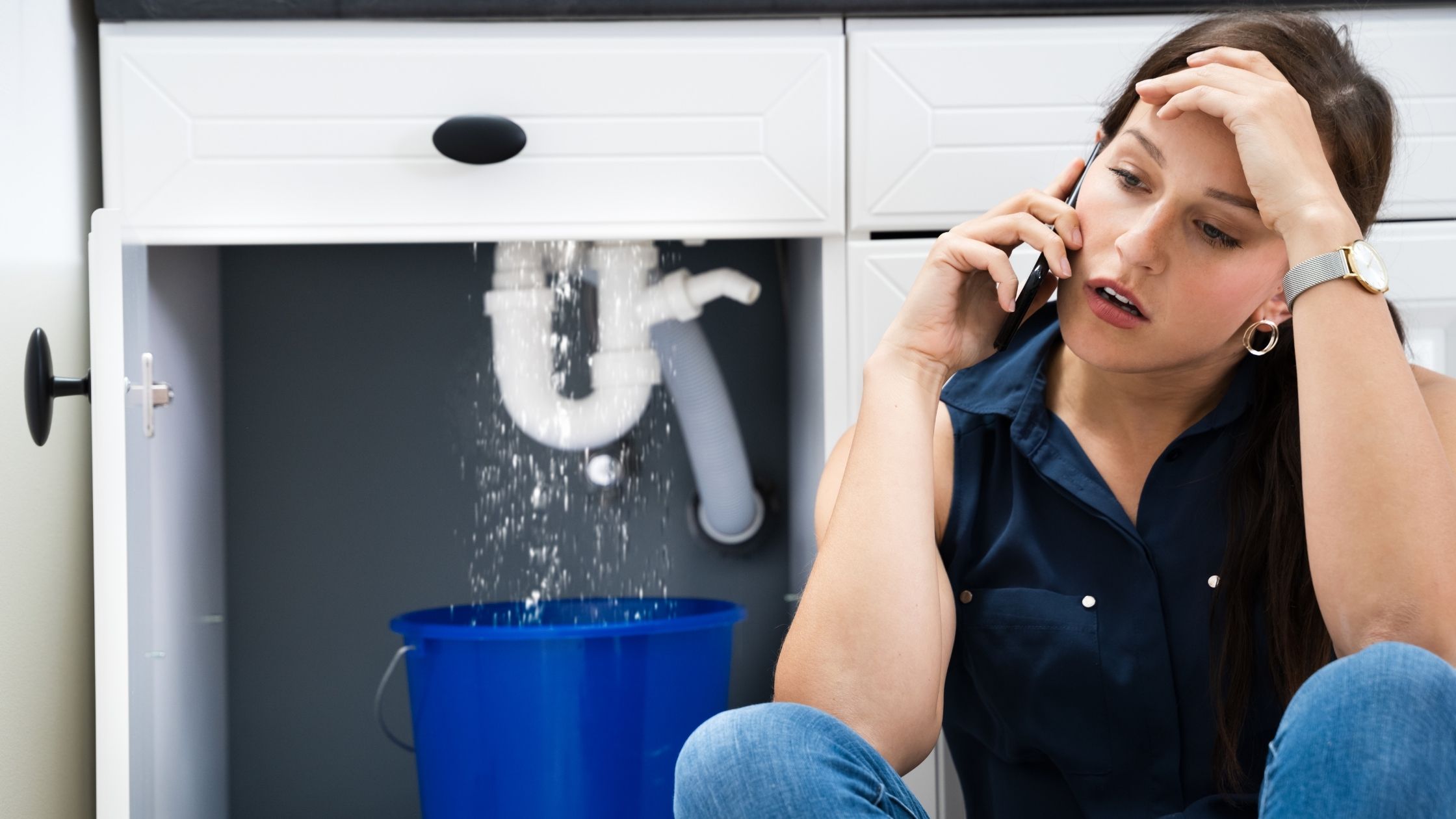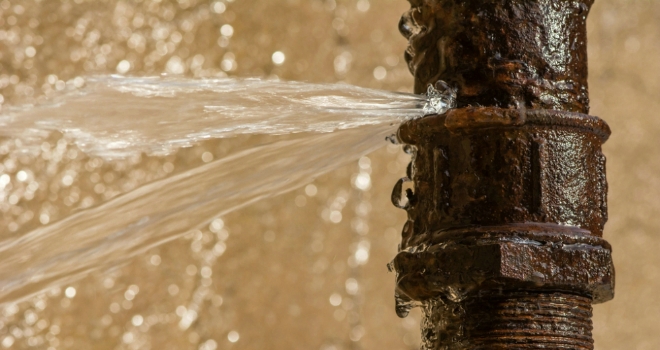The 5 Reiterative Water Leak Factors
The 5 Reiterative Water Leak Factors
Blog Article
Do you find yourself searching for tips about How to Find and Prevent Water Leaks in Your Home?

"Be careful of little costs. A small leak will certainly sink a great ship." - Benjamin Franklin.
He could not have actually been extra right since water leaks in our homes lead to a waste of sources, raising our water expenses. Although this rise might seem minimal in the beginning, it can bring about considerable costs that can damage your financial institution. In addition to a rise in expenses, water leaks likewise trigger undesirable natural growth, architectural damages, as well as also electrical dangers.
Identifying if you have a water leak isn't always very easy as a result of being incapable to see most of the pipework in your home. However, If you have had a boost in your water bills recently, saw water discolorations on walls and ceilings, scented lousy odor, etc. You may want to think about requesting plumbing solutions to get it had a look at.
There are a number of root causes of water leaks, and also we have assembled the usual factors below. Examine to see if you have actually had relevant issues in your house recently.
Blocked drains
Food fragments, dust, as well as oil can trigger clogged up drains and obstruct the flow of water in and out of your sink. If undealt with, boosted pressure within the gutters can end and trigger an overflow up breaking or rupturing pipelines. To stay clear of blocked drains in your house, we suggest you to stay clear of pouring particles down the tubes and routine cleansing of sinks.
High water stress
You noticed your residence water pressure is higher than normal yet then, why should you care? It runs out your control.
It would be best if you cared since your ordinary water pressure should be 60 Psi (per square inch) and also although your home's plumbing system is developed to hold up against 80 Psi. An increase in water pressure can put a pressure on your house pipes and bring about fractures, or even worse, ruptured pipes. If you ever observe that your house water stress is higher than normal, get in touch with an expert regarding managing it.
Corrosion
As your pipework grows older, it gets weaker as well as extra susceptible to rust after the regular flow of water through them, which can eat away at pipelines and create cracks. A visible indication of rust in your home plumbing system is discoloration and although this might be hard to discover because of a lot of pipes hidden away. Once they are old to make sure an audio plumbing system, we encourage doing a frequent checkup every couple of years as well as change pipelines
Compromised pipe joints
Pipe joints are the parts of our plumbing system where the pipes attach. It is necessary to keep in mind that even though pipelines are designed to stand up to stress as well as last for a while, they weren't made to last forever; as a result, they would certainly wear away over time. An usual indicator of damaged pipe joints is too much sound from taps.
Broken seals
An additional root cause of water leakages in homes is damaged seals of house devices that use water, e.g., a dish washer. When such home appliances are installed, seals are set up around water connectors for simple passage of water through the device. Thus, a busted seal can create leakage of water when in operation.
With little or no understanding of plumbing, comprehending your house's plumbing system sufficient to repair some of these issues (without repercussion) can be a headache. Contact plumbing professionals in Pittsburgh, Divine Superintendence, Rochester, and also environ today, as well as they'll make those issues disappear.
He couldn't have actually been more ideal since water leaks in our residences result in a waste of sources, raising our water expenses. If you have had an increase in your water bills recently, noticed water discolorations on walls as well as ceilings, scented poor odor, and so on. An increase in water stress can place a stress on your house pipelines and lead to splits, or worse, ruptured pipes. One more reason of water leakages in houses is damaged seals of home devices that use water, e.g., a dishwasher. When such home appliances are mounted, seals are set up around water adapters for simple flow of water via the device.
5 TIPS IN DETECTING A WATER LEAK IN YOUR HOUSE
Water leaks can be hard to find in your home, yet they can be so common. We rely on water every day in our home, which is why a leak can cause big problems. By detecting them early, you can save money and further damage, getting the problem fixed as soon as possible. Here are 5 tips to help you detect a water leak in your home, so you can contact a plumber straight away and get the issue sorted.
Check your water meter
Many people underestimate the value of the water meter in their home. It can be one of the best ways to tell if you have a leak early on, so you can get on top of it before issues start arising. Start by turning off all the water in your home: taps, washing machine, dishwasher, etc. Now take a look at the meter – if it’s still changing with everything turned off, it’s likely you have a fast-flowing leak that you need to get on top of straight away. If nothing changes, then leave your meter for an hour or two and come back to it. Did it change in this time? It’s likely you have a slower leak, which isn’t as urgent but still handy to get fixed so it doesn’t become a bigger problem.
Keep an eye on your bill
Another good way to detect a leak in your home is by keeping an eye on your water bill. It helps if you have a past bill from the same period of time. You can compare like for like and determine whether your water usage has increased significantly. If it has, there may be a leak in your system that you haven’t picked up before. A professional plumber can check through all of your pipes and determine where it is coming from.
Look for damage
If you have a leak inside your home, you will notice damage over time. Take a look at your showers and bathtubs and note whether any of the tiles surrounding the area seem to be discoloured or damaged in any way. There may be water stains, mould or peeling material that has resulted from a build up of moisture over time. Make sure you take a look under sinks at the back of cupboards that don’t get accessed regularly. This is where damage can go unnoticed and build up over periods of time.

As a serious reader about Where to Find Water Leaks, I was thinking sharing that piece of content was important. Enjoyed reading our review? Please share it. Help other people locate it. Thanks for your time. Come back soon.
Secure your plumbing. Report this page